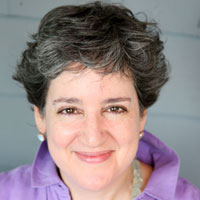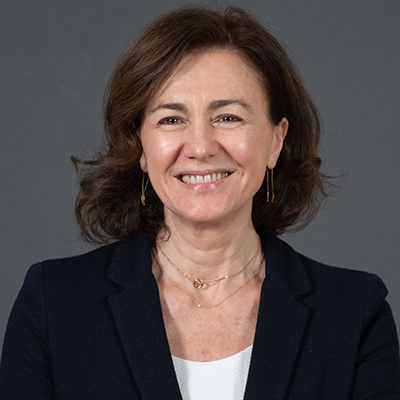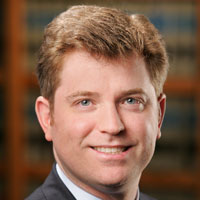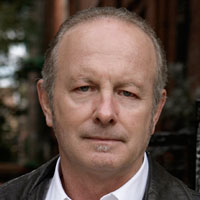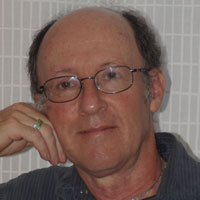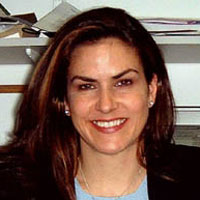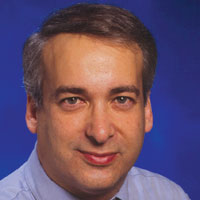We are our memories, but can they be tampered with? Erased? What are the ethical considerations? Whether enhancing memory for an aging population or inhibiting memories that prevent function, new drugs bring new possibilities for abuse and misuse. Even in their most welcome applications, these drugs raise profound questions about the relationship between the subjective experience of memory and the true nature of what we remember.
Some of the advanced topics which the conversation may explore include: Latest progress in memory research, including the enzyme PKMzeta and memory “erasure,” infusion of the protein synthesis inhibitor anisomycin, problems of animal models in memory research, and therapeutic implications inherent in these discoveries.
World Science Festival Salons are an opportunity for in-depth conversations with world-leading scientists, extending the discussion of the Festival’s flagship public programs at a level appropriate for graduate students, postdocs, faculty and particularly well-informed members of the general public.
Related flagship program:
The Unbearable Lightness of Memory
This program is a part of The Big, the Small, and the Complex, a Series made possible with the support of The Kavli Prize.








